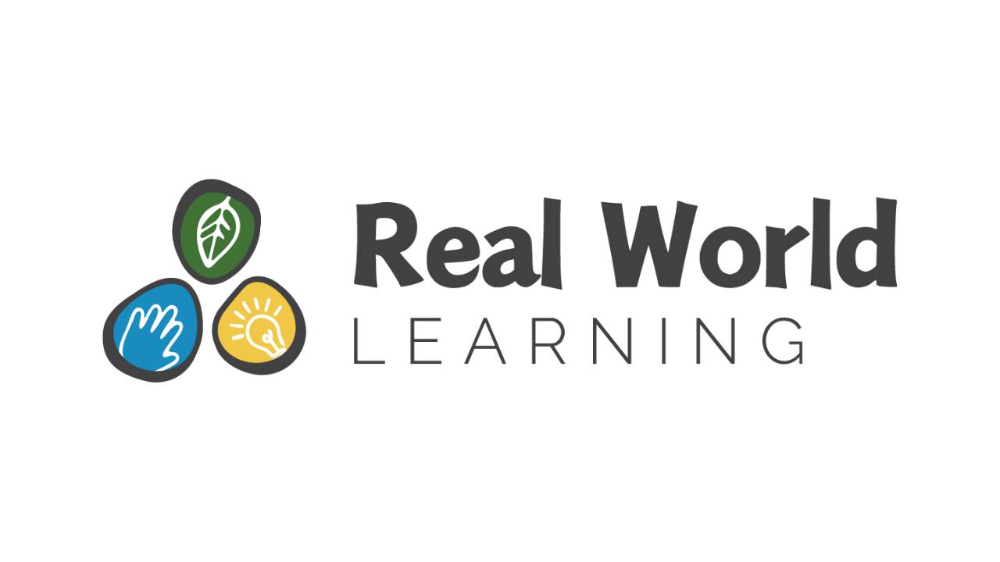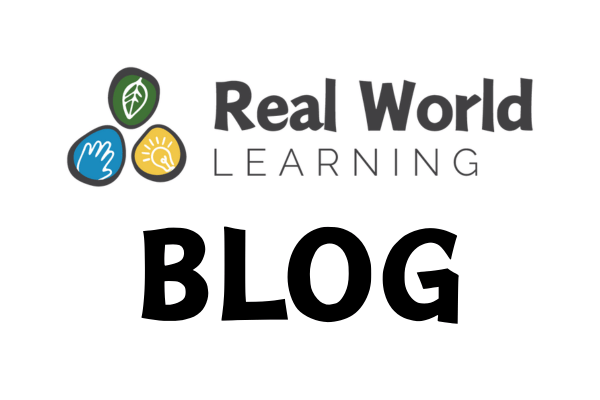Getting Everyone on the Same Page - What is sustainability?

What does sustainability mean to you?
Do you think it means the same thing to the rest of your team, the children, families or others out in your community?
You might be surprised…😲
What I know to be true, is that sustainability can mean something different to everyone…
I’ve asked hundreds of people that question, and I’ve had hundreds of different responses.
But why..? I hear your inner 4 year old ask…🤔
Let’s think about that for a moment…
Sustainability is a concept. It’s big and complicated (well, to most of us anyway). It’s not clearly defined. It’s more about “the vibe”...
It’s not a list of criteria or specific actions we can check off a list.
How we define and understand sustainability is influenced by things like our experiences (what we’ve done), education (what we’ve learnt), values (what is important to us), culture (how we see and value the world around us and our place in it) and context (where we come from).
It’s emotive. For some reason the word sustainability alone seems to evoke an emotional response in lots of people. Things like overwhelm, confusion, fear, depression, anxiety, guilt or more positive emotions like hope, connection or general warm fuzzies that come from doing good.
So, it’s important if you're engaging or leading your team towards embedding sustainability to make sure you’re on the same page and talking the same language!
How do you do that?
Start by asking what sustainability means to them… You will have had an opportunity to start some of these conversations if you’ve implemented a couple of Catalyst Projects. Find out more about catalyst projects in this blog post and this blog post.
Ask the people around you, what sustainability means to them. It’s good to do this one-on-one. If you go round the table at a staff meeting you’ll likely get similar responses (depending on who goes first!). People tend to repeat the answers of those that go before them because either they haven’t actually thought about it or they’re afraid of getting it “wrong”. 🥺
Once you have a sense of people’s individual thoughts, it’s nice to share these, anonymously if necessary. If there are common themes that have emerged - great! You have somewhere to start… If they’re quite different, this demonstrates the importance of coming up with a common understanding.
If you’ve been familiarising yourself with the revised Early Years Learning Framework (EYLF) or My Time Our Place Framework (MTOP) you’ll have noticed that they have defined sustainability as:
“Seeking to meet the needs of the present generation without compromising the needs of future generations (Brundtland Report, 1987).
Contemporary understandings of sustainability span environmental, social & economic dimensions.”
This definition of sustainability was first used in the Bruntland Commission Report to the United Nations in 1987. It doesn’t mean much to regular people, and it’s not particularly sexy, but the important thing to notice is the emphasis on intergenerational impacts and equity. 👶👩🧓
The other important aspect of the Framework’s definition is that it’s far broader than the previous version.
The Framework definition draws attention to the fact that sustainability is actually far broader than just the 'green stuff'. The sustainability principle that has been included talks about how these three dimensions of sustainability - environmental, social and economic - are all interconnected and interrelated. 🌏🌳🧍♀️💰 It is important for educators to understand these connections and be able to identify and articulate them - in conversations, planning and documentation.
You can find out more about the increased emphasis and focus on sustainability in the EYLF & MTOP Framework in this post.
So, how will you define sustainability for your service?
You can use the definition as it is in the Framework, or you can take a more personalised approach that reflects your people and your context.
If you want to engage your team and your community it's a great opportunity to create a common understanding that is meaningful and relevant. One that is reflective of your values and what’s important to your people and place. It's like putting together a puzzle. You need to bring all the pieces together to create the big picture. 🧩
Check out the What is Sustainability? Masterclass and Resource Bundle for support on facilitating this process with your team.
I’d love you to head to the Early Years Sustainability Facebook Group and share what sustainability means to you! Remember there isn’t really a right or wrong answer. 🌏💚
Next Gen Sustainability is Here!
Sustainability Made Simple.
The Next Gen Sustainability Program Makes Integrating Sustainable Practices Across Your Early Childhood Education and Care Setting Engaging and Effective.
Create a learning environment where children develop a deep connection to nature, an understanding of their role in protecting the planet, and the skills to make responsible choices as global citizens for sustainability.
Embedding sustainability is more than just another box to tick—it’s the key to creating a lasting impact for our children, your team and community.
But where do you start? How do you make sustainability practical, meaningful, and engaging?
The Next Gen Sustainability Program will guide you through a proven process that engages others, builds knowledge, inspires action and creates impact. The Program is customised to meet the specific needs and goals of your Service.



